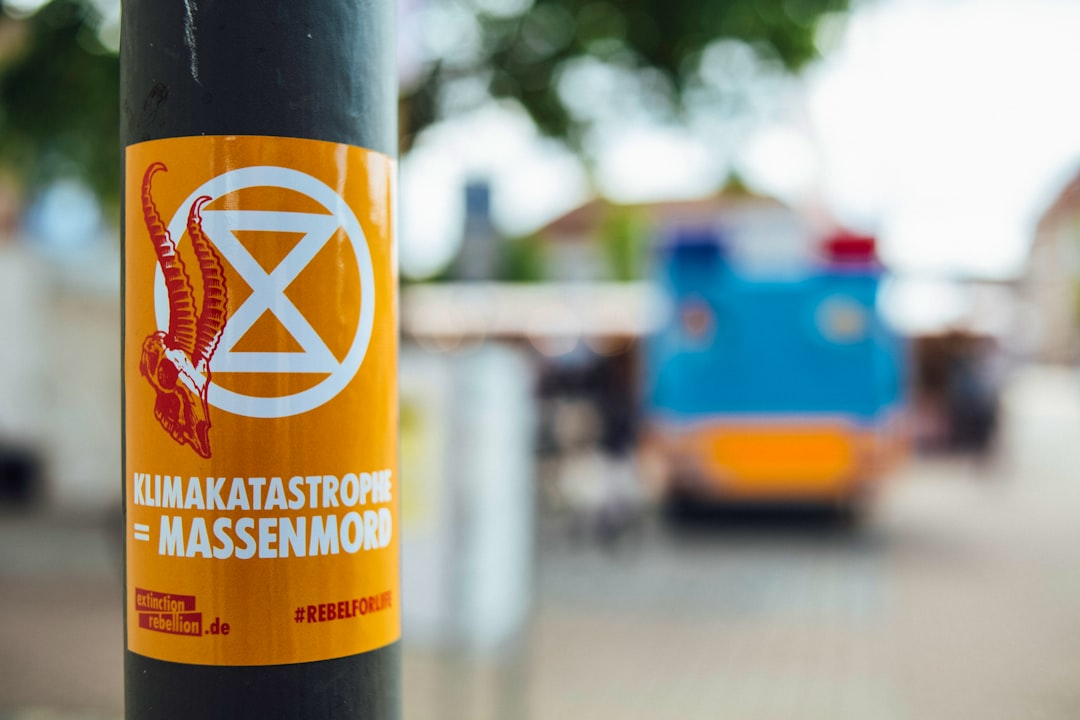
In April 2018 a hundred Indonesians died from drinking unrecorded alcohol, most of them in the
Greater Bandung area in West Java province. This confirmed findings of the Center for Indonesian
Policy Studies (CIPS) that the death rate from unrecorded alcohol in Greater Bandung area during
the last 10 years was almost five times higher than in the rest of the country. From 2008 through
10 April 2018, 16.3 deaths from unrecorded alcohol per 1 million people were reported in the
Greater Bandung area, compared to 3.4 deaths per 1 million people nationwide.
The government controls the distribution of alcohol with heavy import and excise duties. All vendors
need licenses and cannot sell to customers under the age of 21. Ministry of Trade Regulation
06/2015 also prohibits the sale of alcoholic drinks in local minimarkets and convenience stores.
Over 150 local government regulations restrict the distribution and consumption of alcohol. The
Bandung City Regional Regulation 11/2010 (BCRR 11/2010) prohibits traders from operating
near places of worship, schools and hospitals.
Unfortunately, government regulations do not effectively protect Indonesian consumers and
must be seen as a factor causing black markets. A CIPS survey was conducted among alcohol
consumers in Bandung in early 2018. It showed that 45% obtained their alcohol from unlicensed
kiosks. Underage drinking also remains a problem as 21% of the respondents were between 14
and 20 years old.
Indonesia’s consumption of alcohol does not pose a public policy concern because according
to estimates of the World Health Organization (WHO) it remains low at 0.6 liter per head per
year. The problem lies, instead, with unrecorded alcohol, which accounts for 80% of the national
alcohol consumption (WHO, 2014). The CIPS survey found that 41% of the alcohol consumers in
Bandung drank unrecorded alcohol of the “oplosan” type, which is a dangerous mix of potentially
lethal ingredients. 54% bought their oplosan in kiosks.
Stricter law enforcement is necessary to fight unrecorded alcohol, to control the licenses of
liquor vendors, and to prevent underage drinking. However, law enforcement alone will not
succeed and black markets for unrecorded alcohol will prevail, if the government continues to
restrict accessibility and affordability of recorded alcohol. CIPS, therefore, recommends lower
excise and import duties to make recorded alcohol more affordable. The national government
should revoke the current ban on alcohol sales in minimarkets and local governments, including
Bandung, should also review their local restrictions.
Improving accessibility and affordability of recorded alcohol will not just replace one type of
alcohol with another. Recorded alcohol only poses a risk when consumed in large quantities,
which is not common in Indonesia. Meanwhile, unrecorded alcohol, even when consumed in
small quantities, carries a tremendous risk caused by its potentially lethal ingredients. A shift to
recorded alcohol saves lives.



